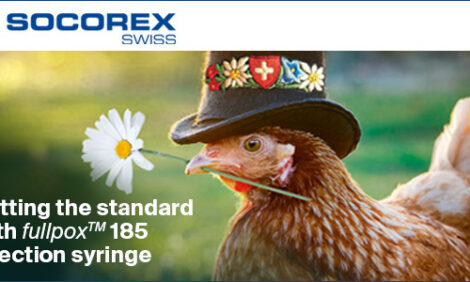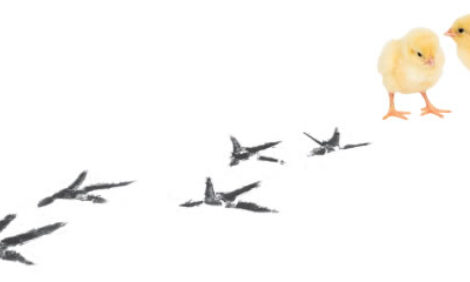



Review of the Welfare of Poultry During Transport
Broilers are subjected to a number of stressors during transportation to the processing plant, according to Drs Mitchell and Kettlewell in their paper at the European Symposium on Poultry Welfare in Italy last year. They suggest changes to the vehicle design and ventilation system, and a reduction in stocking density, adding that slower growing strains may be less affected by transport stress.Poultry are exposed to a number of concurrent stressors during transportation, explained Dr Malcolm Mitchell of Scottish Agricultural Colleges in the introduction to his paper, written with Dr Peter Kettlewell of ADAS Gleadthorpe.
They say that that thermal challenges – both elevated thermal loads and cold stress – constitute the main threat to the birds' welfare and survival. The effects of thermal stress may be exacerbated by extended withdrawal of feed or water and by exposure to vibrations and accelerations. Existing pathologies and injuries may further compound the situation.
Whilst genetic selection in broiler chickens has resulted in major improvements in growth rates and production efficiency, these advances may also be associated with a reduced resistance to thermal stress, altered heat exchange capacity and muscle and cardiovascular pathologies.
These path-physiological states may render the birds more susceptible to thermal stress and may form a part of the 'transport stress' experienced by poultry and lead to increased mortalities during exposure to hostile thermal micro-environments in transit and contribute to the observed increase in transport mortalities seen during challenging meteorological conditions.
Solutions to these problems may be provided by changes in transport practices and procedures, improvements in the design of transport containers, vehicles and their ventilation systems and the introduction of genetic selection programmes for more robust lines that are less susceptible to thermal stress, exhibit fewer, idiopathic pathologies, and/or simply grow more slowly.
Welfare during transport may be improved by a more holistic consideration of the birds' physiology, rearing conditions, pre-transport handling and the prevailing conditions and stressors that may be imposed during the journey, concluded Mitchell and Kettlewell.
Reference
Mitchell M.A. and P.J. Kettlewell. 2009. Welfare of poultry during transport – a review. Proceedings of 8th Poultry Welfare Symposium, Cervia, Italy, 18-22 May 2009, 90-100.
Further Reading
| - | You can view the full paper by clicking here. |
Further Reading
| - | You can see other papers presented at the 8th European Symposium on Poultry Welfare by clicking here. |
May 2010








